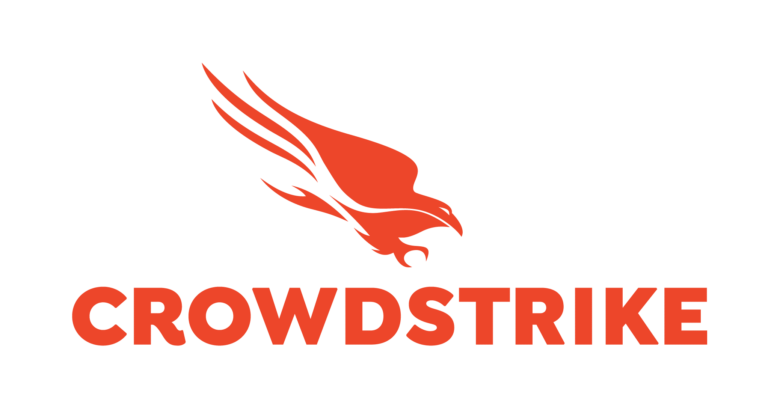Data Governance Heuristics
Think about your typical morning routine. Maybe it involves coffee, working out, getting ready for the day, checking your phone, etc. Consider the heuristics or mental shortcuts your brain introduces to expedite your ability to make judgments and solve problems with minimal mental effort. You are probably doing it right now as you read this on a smart mobile device!
In this hyperconnected world, smart mobile devices are omnipresent in our living and working spaces. These spaces are progressively being adorned with more and more technological gadgets to help us take even more mental shortcuts. Where does one begin to address what is and is not acceptable within their home? How does one determine the necessity of preserving or deleting digital clutter? Technical engineering and the design of intelligent, wearable technology has nestled its way deep into our everyday lives suggesting that its existence is a need perhaps more than a want. Do we fully understand the lifelong impacts of generating digital exhaust?
"Circle of Trust"
Data Governance Is Everyone’s Business AND Responsibility.
What would a co-worker or friend reply with if you were to tap them on the shoulder and simply ask, “How do you KNOW if you are securing yourself at home?” What would their reaction be? They might look at you puzzled and begin with some form of “Well, I have a lock and deadbolt on my door, use timed lights at night when away, and have installed a decal on a window alerting would be intruders to a security alarm.” But that is not achieving what is needed.
Identity Awareness, Protection, and Management encompasses much more. Insecure and poorly managed smart devices, computers, and social networking accounts layered with publicly available information (PAI) represent rich data sets that can cripple the brand integrity of a business or sideline aspiring students from future employment should they become compromised. Remote working environments are now the norm. Consider the opportunity costs of losing intellectual property or inadvertent disclosure of proprietary data simply because everyone thought someone else was tackling security. What digital footprints do you leave?
Conclusion
We have trained and educated some of the most prestigious academic institutions, medical firms, Fortune 500 companies and, in some cases, everyday citizens on how to live confidently in a hyperconnected, digital world. The question becomes how this influences our decision-making and warrants consideration for taking active steps in managing business models, inspiring everyone to actively contribute towards data governance in healthcare, banking, and other verticals amidst a global pandemic and the 4th Industrial Revolution (4IR). Never heard of the 4IR, reach out to VictoryCTO and we can help!
We deliver tailored, virtual and on-premise consultancy and training. Check us out to learn more about our e-CAP (Executive Cyber Awareness Protection) and turnkey SOC1 and SOC2 offerings and take a hold of data governance and increase resilience across your team. Stand up. Act. Build a digitally secure tomorrow!




